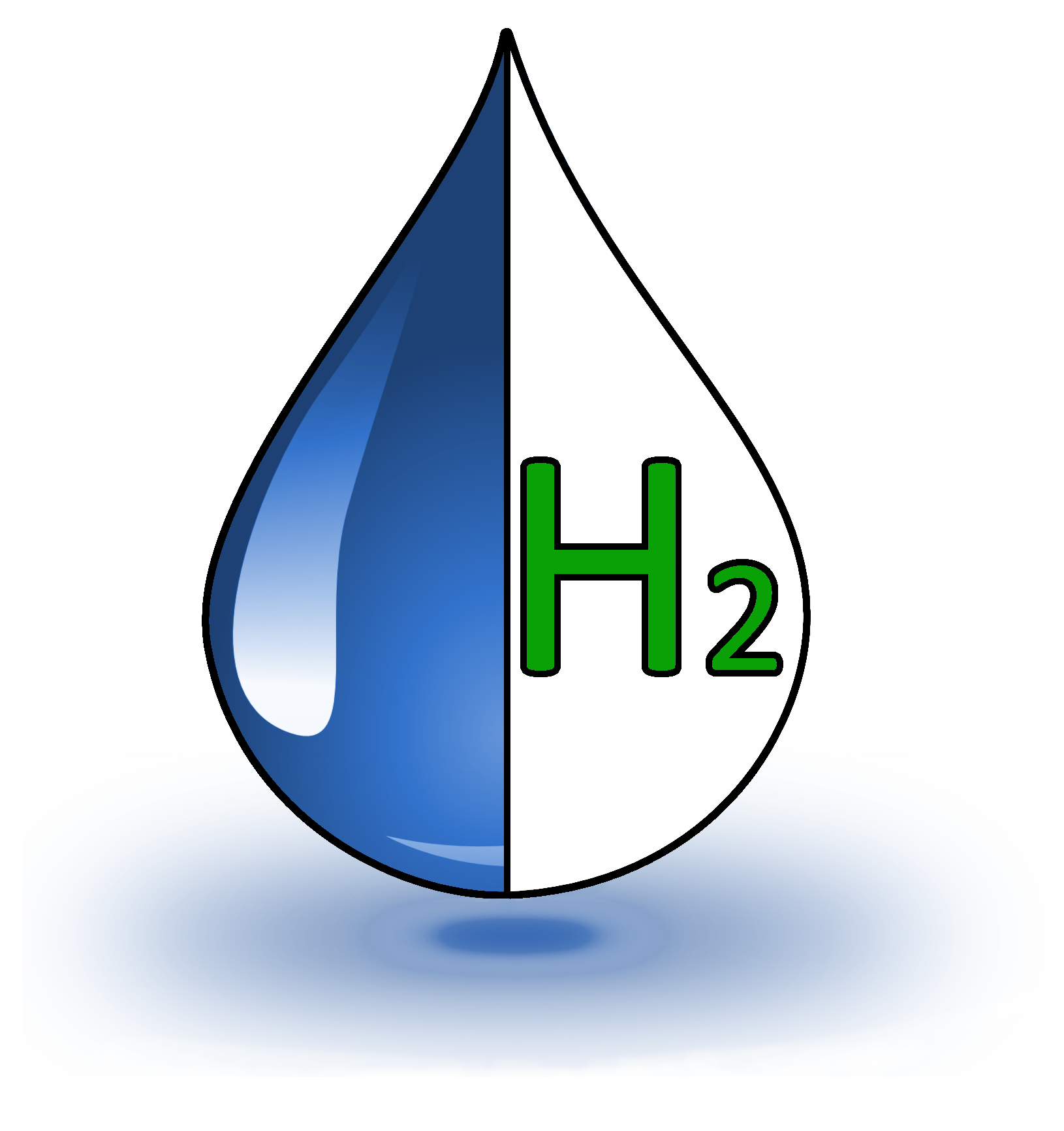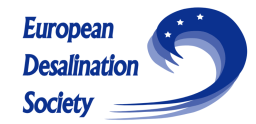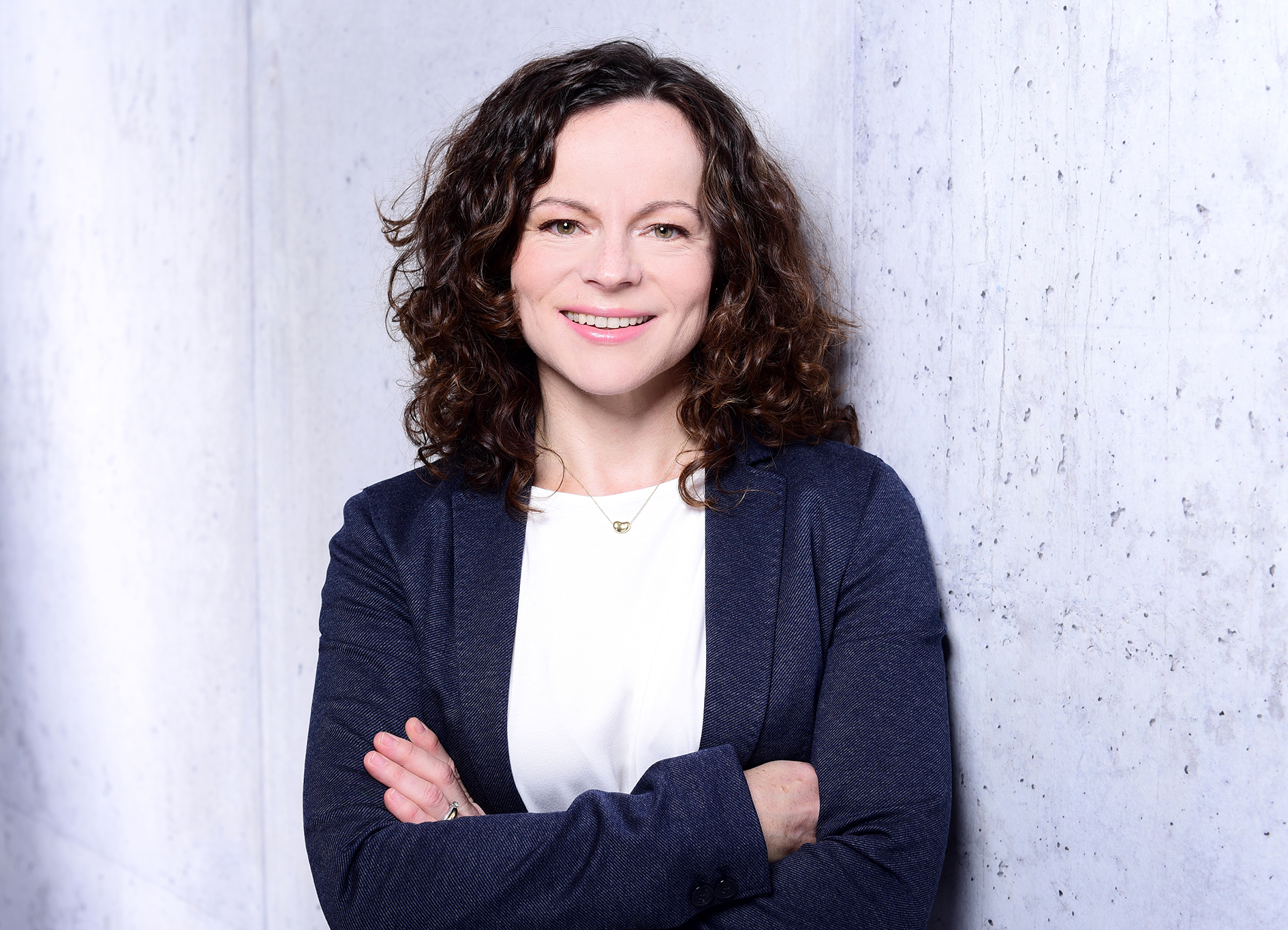We use cookies
Detailed information on how this website uses cookies can be found in our privacy notices. Now determine whether this website may use cookies as described below. You can change your settings at any time.
Necessary cookies
are required for the basic functions of the website and therefore cannot be deactivated.




